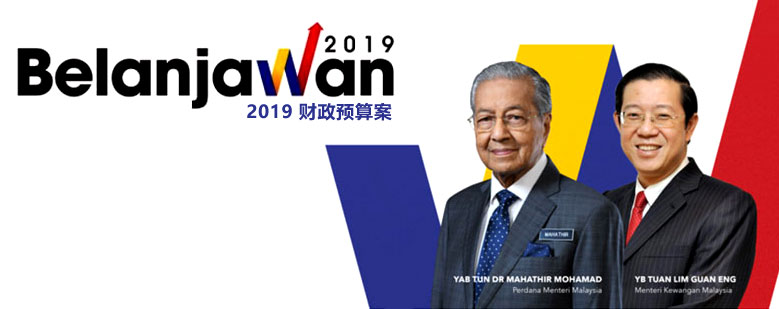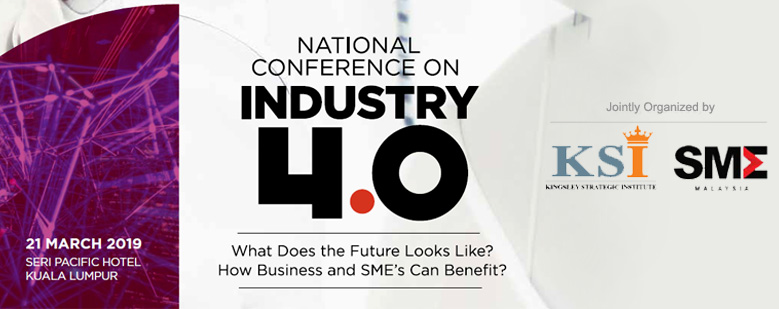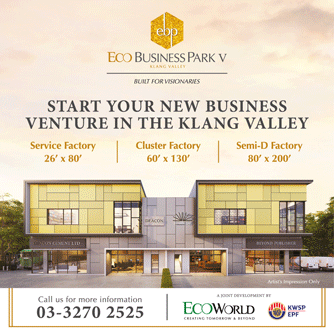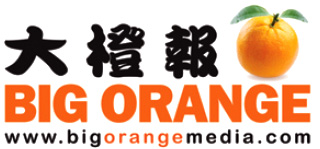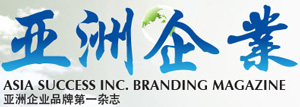Enhanced incentives for SMEs
The government will introduce performance-based incentives for SMEs in 2016 to increase productivity and innovation among SMEs to boost growth and export value.
Prime Minister Datuk Seri Najib Tun Razak said the performance-based package would have enhanced incentives, in addition to those already available for SMEs. Some of these proposed incentives include tax exemption and rebates for transportation costs.
“The proposal is for a tax exemption on taxable income for the first five years of operation and annual rebates on transportation expenses. There is also a proposal for an annual rebate on interest rate on bank loans or subsidised interest rate,” he said.
Najib noted that a lot of the SMEs’ growth had been dependent on inputs like cheap foreign labour. Hence, there is a need for an incentive system that would deliver important aspects of SME growth such as business process and technology-based innovation that would spur productivity.
“It is still being fine-tuned as we need to define more specific terms and consider many other issues,” he said.
Najib pointed out that the SME growth of 13.6% last year continued to outpace the overall economy, resulting in its share of total gross domestic product (GDP) rising to 35.9%.
Moving forward, the sector is expected to grow by between 6% and 7%, which is slightly above the country’s GDP.
The Prime Minister said he hoped to see more SMEs becoming export-oriented, from the current 17% of total SMEs, to 23% by 2020.
Matrade to SMEs:Go Myanmar
The Malaysia External Trade Development Corporation (Matrade) is encouraging small and medium enterprises (SMEs) to venture into Myanmar’s growing market, particularly in the oil and gas, franchising and services sectors.
Chief executive Officer Datuk Dzulkifli Mahmud said SMEs should emulate what Singapore and Thailand have done and increase their presence in Myanmar.
“From the feedback we received, increasing numbers of Malaysian companies have shown interest to invest in Myanmar,” he said.
Dzulkifli noted that Myanmar had a lot of human capital and natural resources, and its government was in the midst of making the business environment more amenable to foreign investors.
“We don’t want to be a latecomer to Myanmar. We are going in in a big way. We would like to invest in Myanmar, we want to see Malaysian products and brands there,” he said.
Dzulkifli pointed out that total trade last year between Malaysia and Myanmar amounted to US$972.1mil, an increase of 6.6% over the US$911.6mil recorded in 2013. However, for the Q1 this year, total trade declined 15.6% to US$310.4mil from US$368mil in the same period last year.
“The current scenario in the global economy has partly affected our trade with our partners, and we hope this is temporary,” he added.
MS inks Mou to enhance SME standards
SMEs need to look at achieving certification to meet standards set for the world market, said the Department of Standards Malaysia.
With this in mind, the government agency under the Science, Technology and Innovation Ministry signed a Memorandum of Understanding (MoU) with the SME International Trade Association of Malaysia (SMITA) on June 25.
The aim is to implement promotional activities on standardisation activities for SMEs.
The three-year duration of the MoU is to allow the enhanced usage of Malaysian Standards (MS) among SMEs to help them to cross the international border.
“Standards can ensure that the business operation is as efficient as possible and leads to facilitate world trade by reducing the technical barriers, and ultimately, improve market access and raise the export of our country,” said Standards Malaysia director general Datuk Fadilah Baharin.


